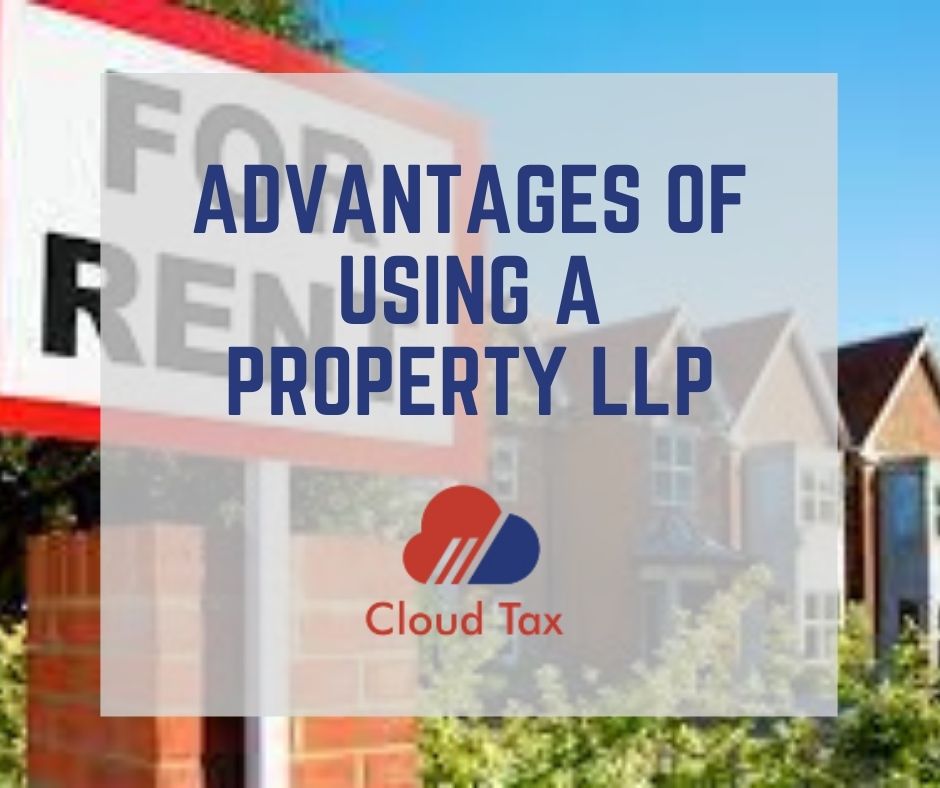A limited liability partnership (LLP) can be used for a property business and offers some advantages over unincorporated businesses and limited liability companies. A property LLP is something of a halfway house, providing the comfort of limited liability with the flexibility as to how profits are shared.
The use of a property LLP can be particularly useful in a family situation where the individuals each hold property in their own name, but a different income split would be beneficial from a tax perspective.
Setting up a property LLP
Like a company, a property LLP must be registered at Companies House.
An LLP can hold property in its own right. The LLP can acquire property or the partners can transfer property that they already own into the LLP.
Transferring property into the LLP can be advantageous from a tax perspective. The property is held on trust in the LLP, but the underlying legal ownership is unchanged, meaning there is no SDLT to pay. Where a member transfers property into the LLP, the value of that property at the time of transfer forms the opening balance on their equity account.
Flexibility to share profits and losses
One of the key benefits of the LLP is the flexibility to share profits and losses. This provides the potential for a tax efficient distribution.
The default position is to share profits and losses in accordance with the ratios on the members’ capital accounts. However, the ability to pay salaries in a different ratio provides flexibility to tailor the distribution in a tax efficient manner. Providing or withdrawing capital will also change the default profit sharing ratio.
Tax position
From a tax perspective, an LLP is transparent for tax purposes.
This means that the individual partners are treated as being self-employed and must pay income tax on their share of the profits, and also Class 2 and Class 4 National Insurance contributions where relevant.
Where a property is sold realizing a gain, the individual partners pay capital gains tax on their share of the gain.
Each individual partner must return their income from the LLP on their personal tax return. The LLP must file a partnership return.
It is important that the LLP is carried on with a view to making a profit as anti-avoidance rules may apply which have the effect of switching the tax transparency off.
For more information of limited liability partnership, Book a Free Consultation!

